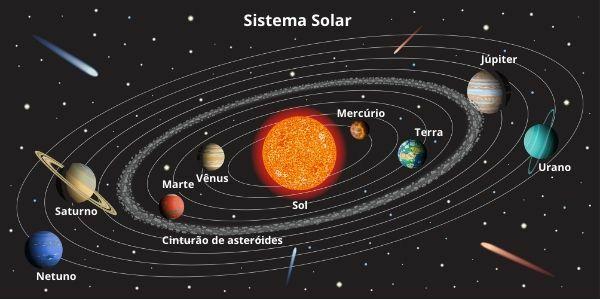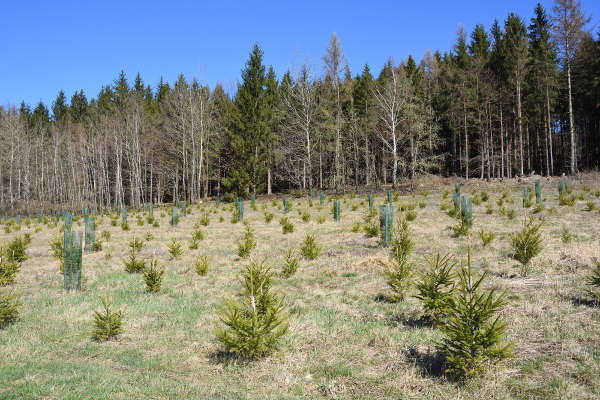Often understood as synonyms, the concepts of limit and border have different meanings and express distinct territorial, cultural and social dynamics.
Limit
The concept of limit it refers to a precise line, clearly defined on the ground, which is generally established through agreements and conventions between neighboring countries (which establish a limit or boundary).
Limitsnatural: as the name implies, are those that were not established by human beings, such as rivers, streams, seas and mountains. These natural elements are used to delimit the end of one territory and the beginning of another.

The Mekong River is an example of a natural boundary. This river divides the territories of Thailand and Laos
Limitsartificial: are those built by man, such as roads, walls and imaginary lines, and are also used or built with the purpose of delimiting territories.

The fence that borders Israel and Syria is an artificial boundary, that is, built by humans
Border
At borders they represent more than a simple linear division between two distinct territories. The concept of border it has a wider range and refers to a region or range. It can also be understood as border region.
The idea of border is more dynamic and is established throughout history. In general, its construction is influenced by aspects related to the occupation, culture, ethnicity and language of the population in both territories.
Brazil
In Brazil, the concepts of limit, boundary and border are usually used according to the type of territory.
Limit: this term is used to indicate the separation of two municipalities, as the boundary between the municipality of São Paulo (capital) and the municipality of Guarulhos;
Currency: this term is used to indicate the delimitation of two states, such as the border between the states of Goiás and Minas Gerais;
Border: this term is used to define the separation of countries, such as the border between the United States and Mexico.
The concept of boundary refers to a legally established determination, a visible or imaginary line that separates two territories. Borders, on the other hand, constitute dynamic spaces, referring to cultural, economic, military, religious exchanges and relations, among others.
By Amarolina Ribeiro
Graduated in Geography


